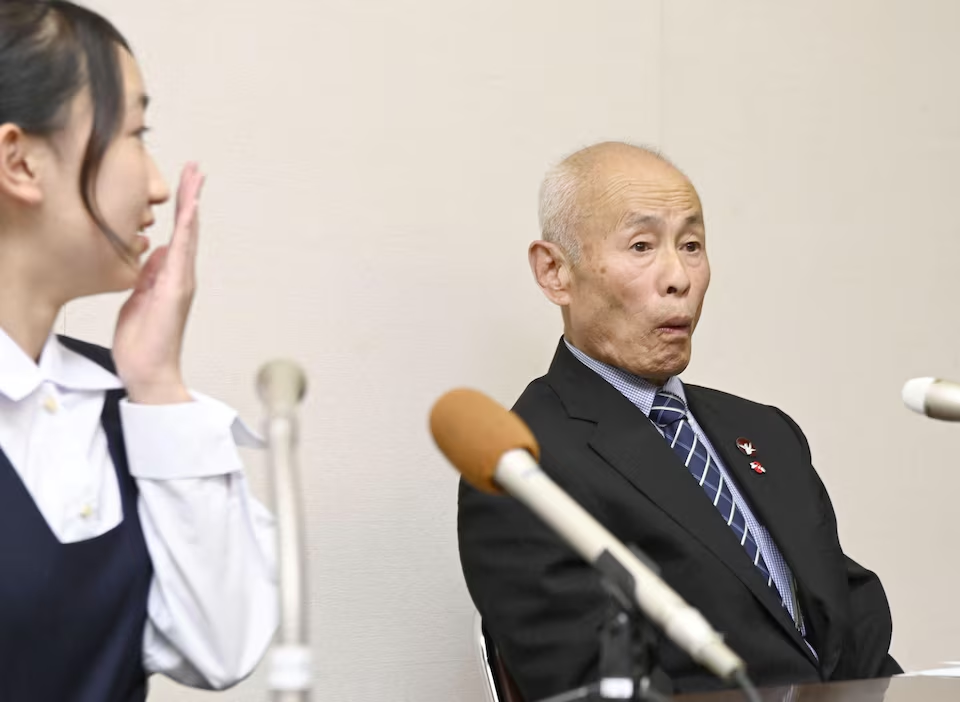Toshiyuki Mimaki, co-chair of Nihon Hidankyo, a grassroots movement of atomic bomb survivors, expressed overwhelming joy when the organization was awarded the Nobel Peace Prize. However, his happiness quickly turned to sorrow as he reflected on the violence in Israel and Gaza, where children suffer amid ongoing conflicts. Nihon Hidankyo, formed in 1956 by survivors of the Hiroshima and Nagasaki atomic bombings, was honored for its tireless efforts to abolish nuclear weapons. Mimaki emphasized the urgency of the group’s mission, criticizing nuclear-armed nations and expressing frustration with world leaders who wage war while citizens yearn for peace.
Mimaki, who survived the Hiroshima bombing at just three years old, spoke on Japan’s NHK public broadcaster, lamenting the persistence of nuclear threats. He highlighted the devastating consequences of conflict, drawing parallels between past horrors and present-day violence in Gaza and Israel. He noted that despite the prize, many countries remain indifferent to the idea of a nuclear-free world, with some leaders openly threatening to use nuclear weapons. The United Nations, he argued, should do more to prevent such conflicts.
Mimaki’s statements come at a time when global tensions are high, with Russian President Vladimir Putin warning of potential nuclear consequences since the invasion of Ukraine in 2022. North Korean leader Kim Jong Un has also recently vowed to expand his country’s nuclear capabilities. Despite these threats, Mimaki and Nihon Hidankyo remain resolute in their belief that peace cannot coexist with nuclear weapons.
Founded in 1956, Nihon Hidankyo was initially inspired by outrage over the U.S. hydrogen bomb testing in the Pacific. The organization has since become a symbol of hope and resilience, advocating for the abolition of nuclear arms and reminding the world of the catastrophic consequences they bring.
The Nobel Committee’s decision to honor Nihon Hidankyo serves as a powerful message against the modernization and use of nuclear arsenals, highlighting the human cost of such weapons and the importance of striving for a peaceful, nuclear-free world.



